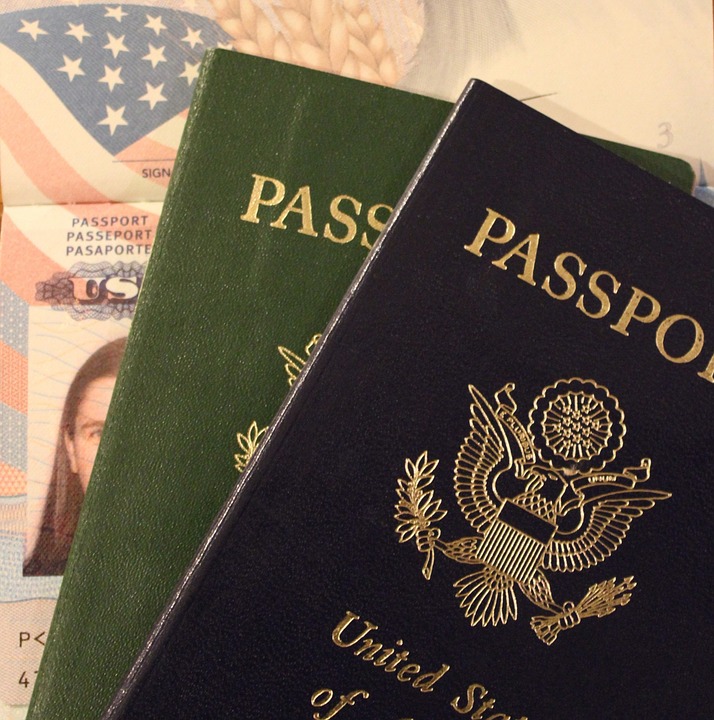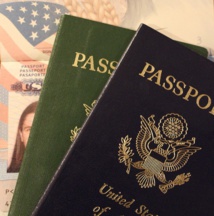Swiss firm Henley & Partners, which deals with issues of citizenship and consulting in the field of investment immigration, has published its first report on the qualitative aspect of possession of a passport of any given country. The study, entitled "Quality of Nationality Index" (QNI), analyzed foreign policies, economic and social factors, and ranked related passports by degree of overall attractiveness.
The research’s concept is based on that the appeal of a particular nationality is determined by its intrinsic value (quality of life within a country) and external value (to what extent the given citizenship is beneficial in terms of travel, living in other countries, as well as rights completeness abroad). Assessment of a passport’s intrinsic value used indices such as economic size (GDP according to the IMF or the World Bank), Human Development Index (UN version) and internal stability (based on the Global Peace Index, GPI). Foreign passports’ value was determined by possibility of visa-free living and working in other countries, visa-free travel. It takes into account not just number of available countries, but also their relative quality.
"Foreign nationality value reflects the degree to which the holders of such passports can enjoy all pleasures of globalization, - noted the study. – As for the intrinsic value, the greater opportunities a state provides to its citizens in matters of wealth, security, education, health and stability, the higher the score is."
Henley & Partners experts analyzed 161 world’s citizenships in total. Some countries have been excluded from the list for lack of data, such as the Vatican, North Korea, Somalia and South Sudan. On the contrary, the "non-citizens" passport in Latvia was mentioned in the rating, as this status can be inherited, although "it is certainly a question of stateless persons’ status of" in context of international law.
Germany, with 83.1 points, occupied the first place in the ranking. Denmark followed with 83 points, and Finland, rated at 82 points, took the third place. With a few exceptions, the entire upper part of the table, which is 27 seats, was taken up by the EU member states.
Norway is in the fourth place. The country is included in the Schengen area, but not a EU member. 12th place is occupied by small country Liechtenstein, also not formally included in the European Union. Croatia was ranked 29th (58.3 points). Out of non-European countries, only the United States was rated high enough (63.5 points). "Non-citizens" in Latvia shared 109th place with Guinea-Bissau and Namibia (26.2 points).
In general, countries are divided into four categories. "Poor quality" of citizenship means that a country scored from 0 to 20 points. "Average quality" - up to 35 points, "high quality" - up to 50 points, and "very high quality" - more than 50 points. The average for the world was 38.7 and the median - just 30.9 points.
source: economist.com
The research’s concept is based on that the appeal of a particular nationality is determined by its intrinsic value (quality of life within a country) and external value (to what extent the given citizenship is beneficial in terms of travel, living in other countries, as well as rights completeness abroad). Assessment of a passport’s intrinsic value used indices such as economic size (GDP according to the IMF or the World Bank), Human Development Index (UN version) and internal stability (based on the Global Peace Index, GPI). Foreign passports’ value was determined by possibility of visa-free living and working in other countries, visa-free travel. It takes into account not just number of available countries, but also their relative quality.
"Foreign nationality value reflects the degree to which the holders of such passports can enjoy all pleasures of globalization, - noted the study. – As for the intrinsic value, the greater opportunities a state provides to its citizens in matters of wealth, security, education, health and stability, the higher the score is."
Henley & Partners experts analyzed 161 world’s citizenships in total. Some countries have been excluded from the list for lack of data, such as the Vatican, North Korea, Somalia and South Sudan. On the contrary, the "non-citizens" passport in Latvia was mentioned in the rating, as this status can be inherited, although "it is certainly a question of stateless persons’ status of" in context of international law.
Germany, with 83.1 points, occupied the first place in the ranking. Denmark followed with 83 points, and Finland, rated at 82 points, took the third place. With a few exceptions, the entire upper part of the table, which is 27 seats, was taken up by the EU member states.
Norway is in the fourth place. The country is included in the Schengen area, but not a EU member. 12th place is occupied by small country Liechtenstein, also not formally included in the European Union. Croatia was ranked 29th (58.3 points). Out of non-European countries, only the United States was rated high enough (63.5 points). "Non-citizens" in Latvia shared 109th place with Guinea-Bissau and Namibia (26.2 points).
In general, countries are divided into four categories. "Poor quality" of citizenship means that a country scored from 0 to 20 points. "Average quality" - up to 35 points, "high quality" - up to 50 points, and "very high quality" - more than 50 points. The average for the world was 38.7 and the median - just 30.9 points.
source: economist.com



















